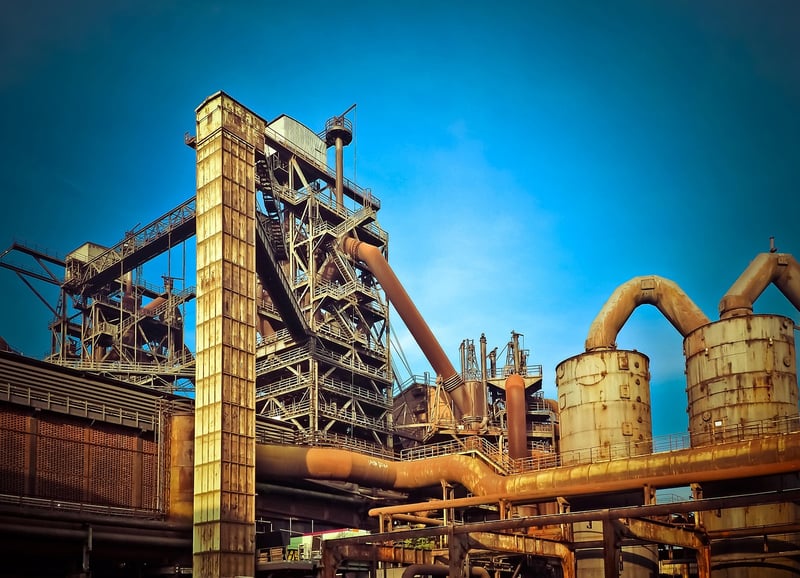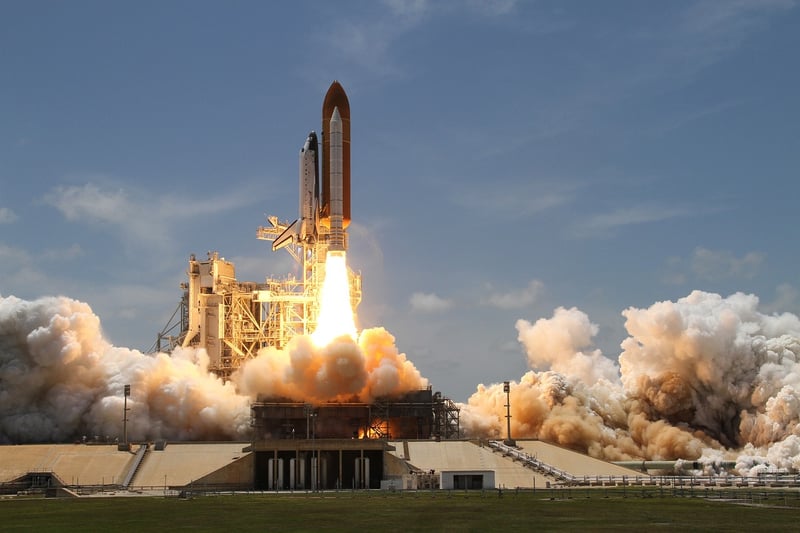Future Exploration
Exploring Different Eras and Future Exploration
Introduction
Exploring different eras allows us to delve into the past, understand how societies evolved, and appreciate the advancements that shaped our present. Additionally, future exploration opens up a world of possibilities, pushing the boundaries of human knowledge and technology. Let's embark on a journey through time and space!
Ancient Era
The ancient era, encompassing civilizations like ancient Egypt, Mesopotamia, Greece, and Rome, laid the foundation for many aspects of modern society. From monumental architectural wonders to philosophical teachings, this era is a treasure trove of wisdom and innovation.

Medieval Era
The medieval era, characterized by knights, castles, and feudalism, saw significant developments in art, architecture, and governance. Exploring this period offers insights into the dynamics of power, religion, and culture that shaped Europe and beyond.

Industrial Revolution
The industrial revolution marked a turning point in human history with the advent of mechanization, urbanization, and mass production. By exploring this era, we can understand the impact of technological advancements on society, economy, and environment.

Space Exploration
Space exploration represents humanity's quest to understand the cosmos and our place in it. From the first human landing on the moon to robotic missions to distant planets, each milestone in space exploration expands our knowledge of the universe.

Future Exploration
The future of exploration holds endless possibilities, from interstellar travel to colonization of other planets. Advancements in artificial intelligence, robotics, and propulsion systems pave the way for unprecedented journeys into the unknown.

Conclusion
Exploring different eras provides us with valuable insights into our history, while future exploration ignites our imagination and drives innovation. By embracing both the past and the future, we embark on a continuous journey of discovery and growth.
